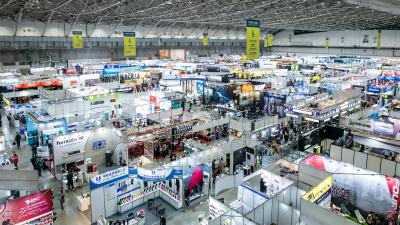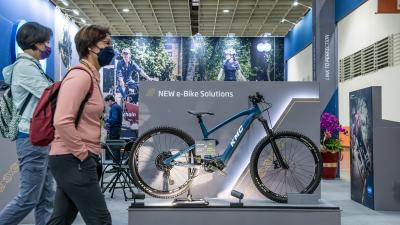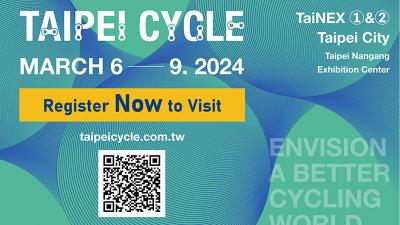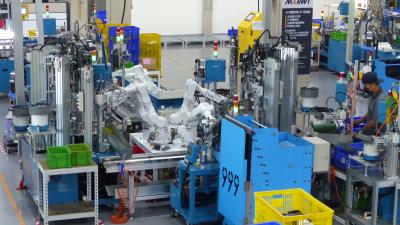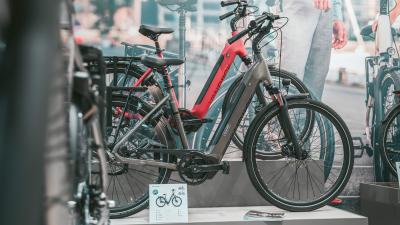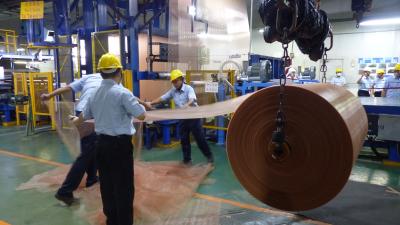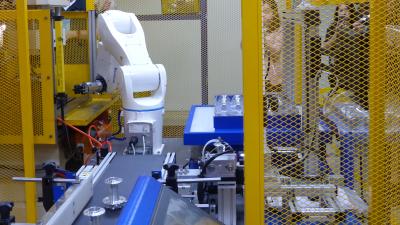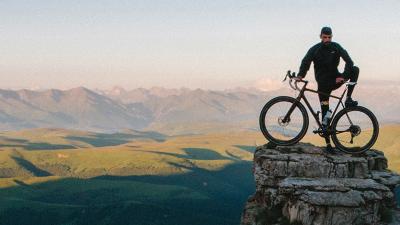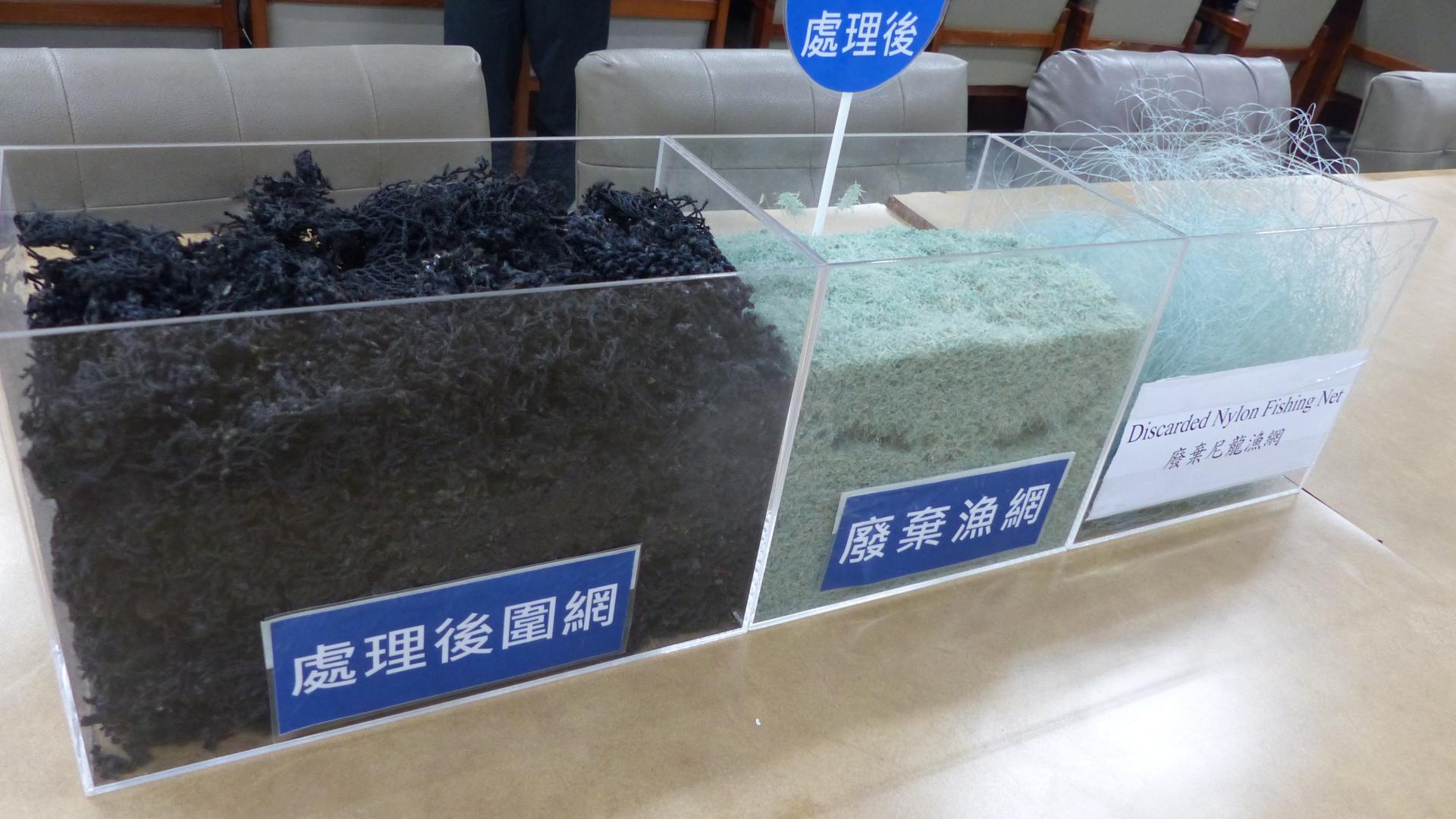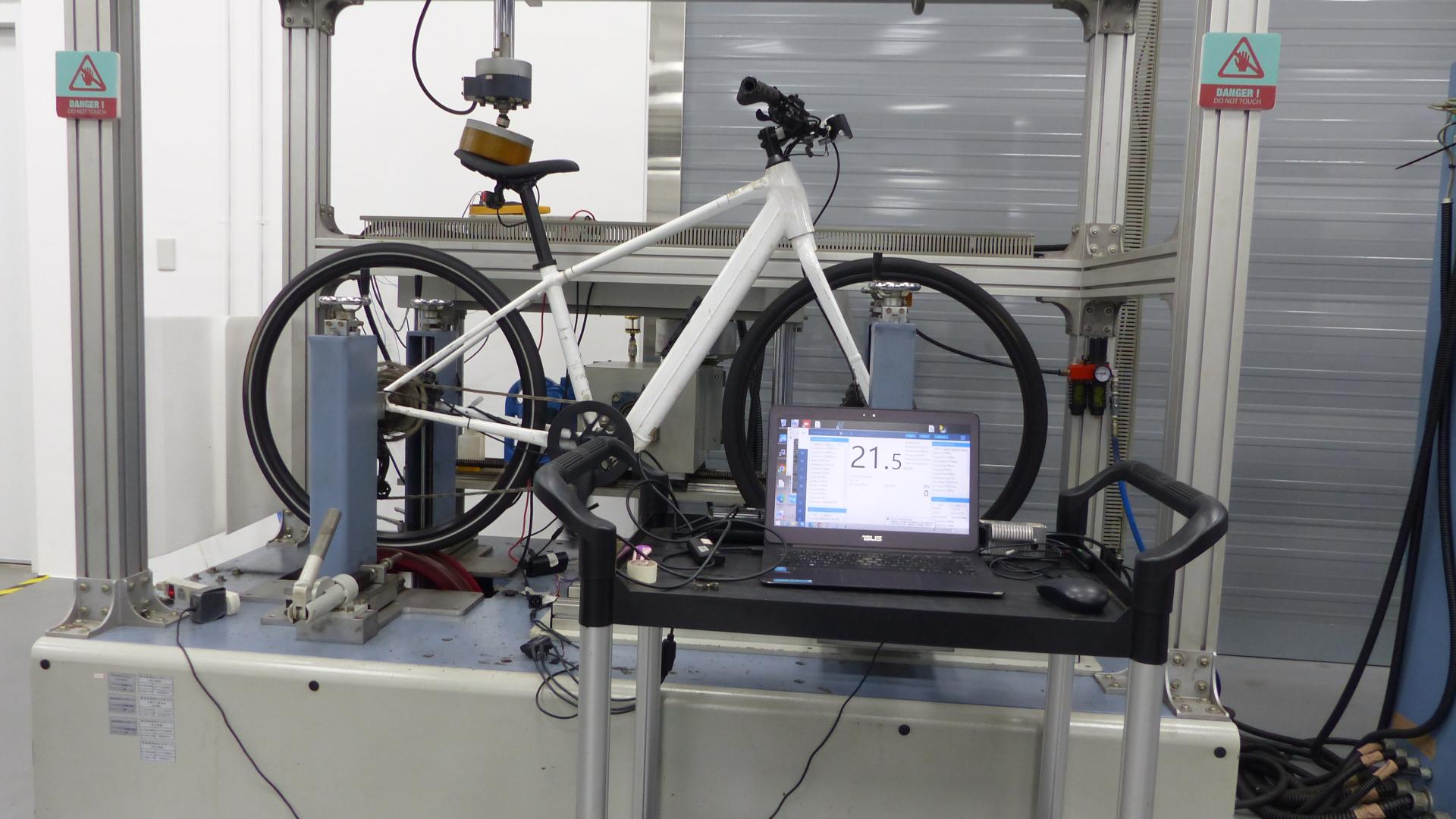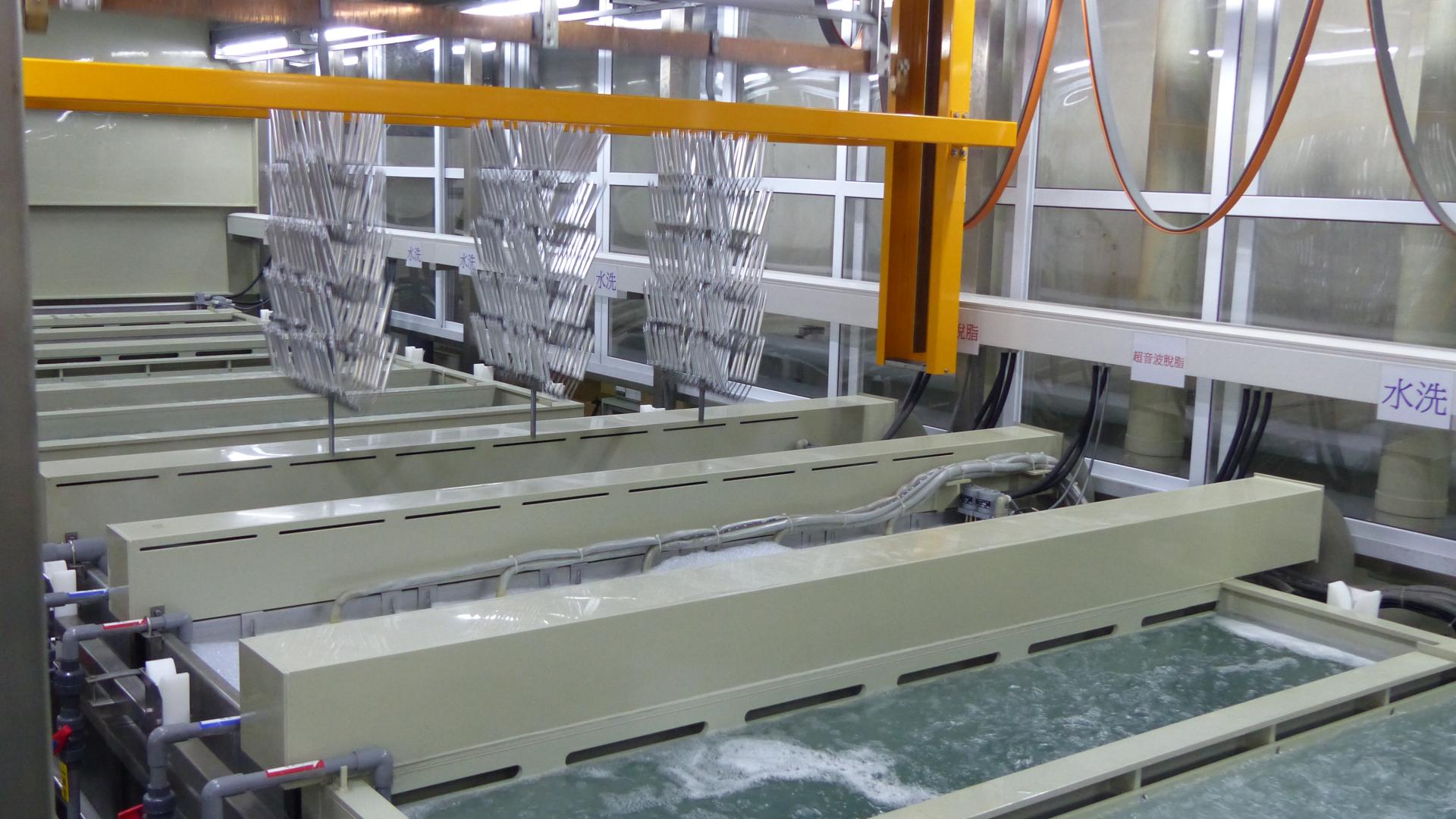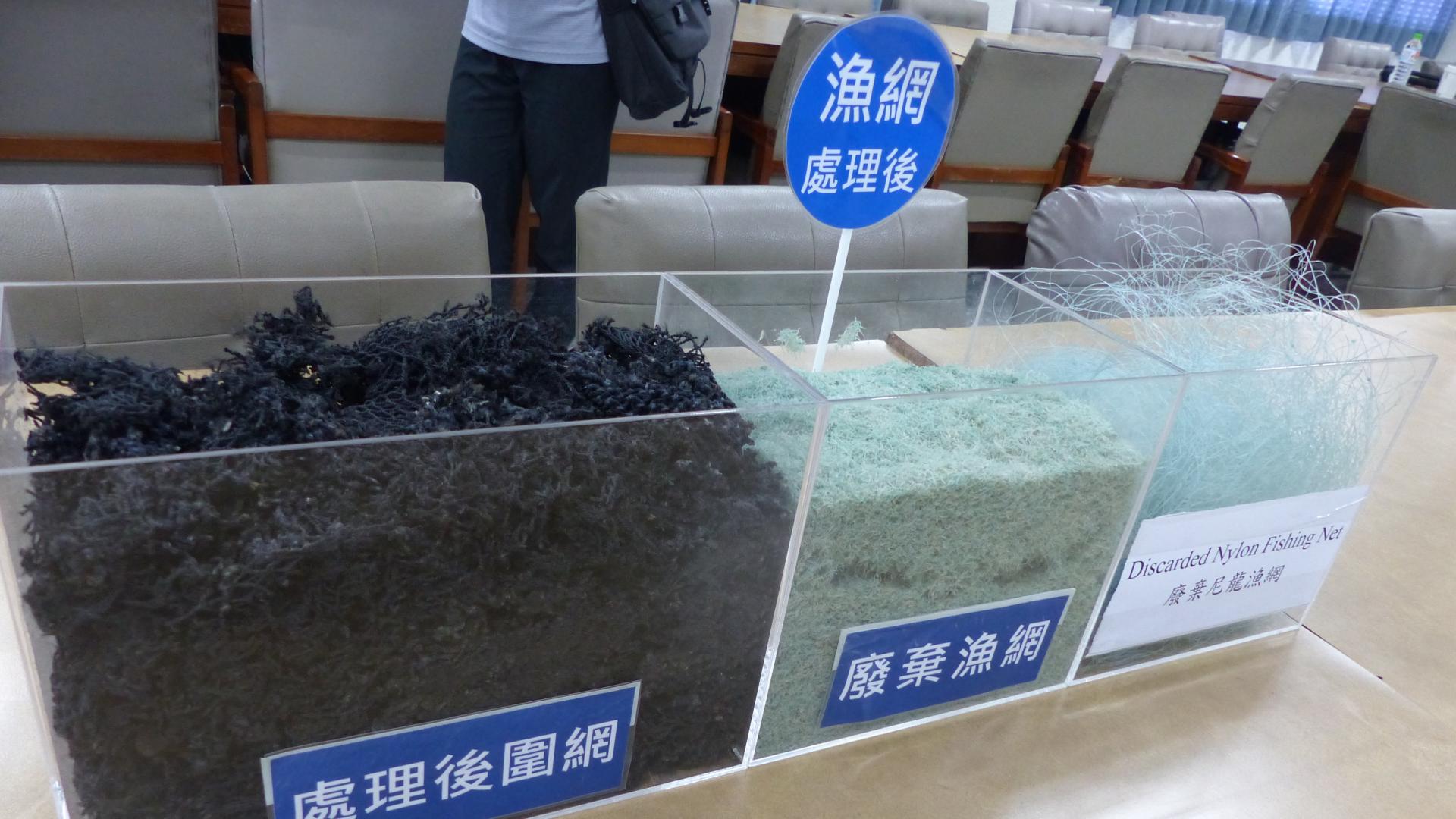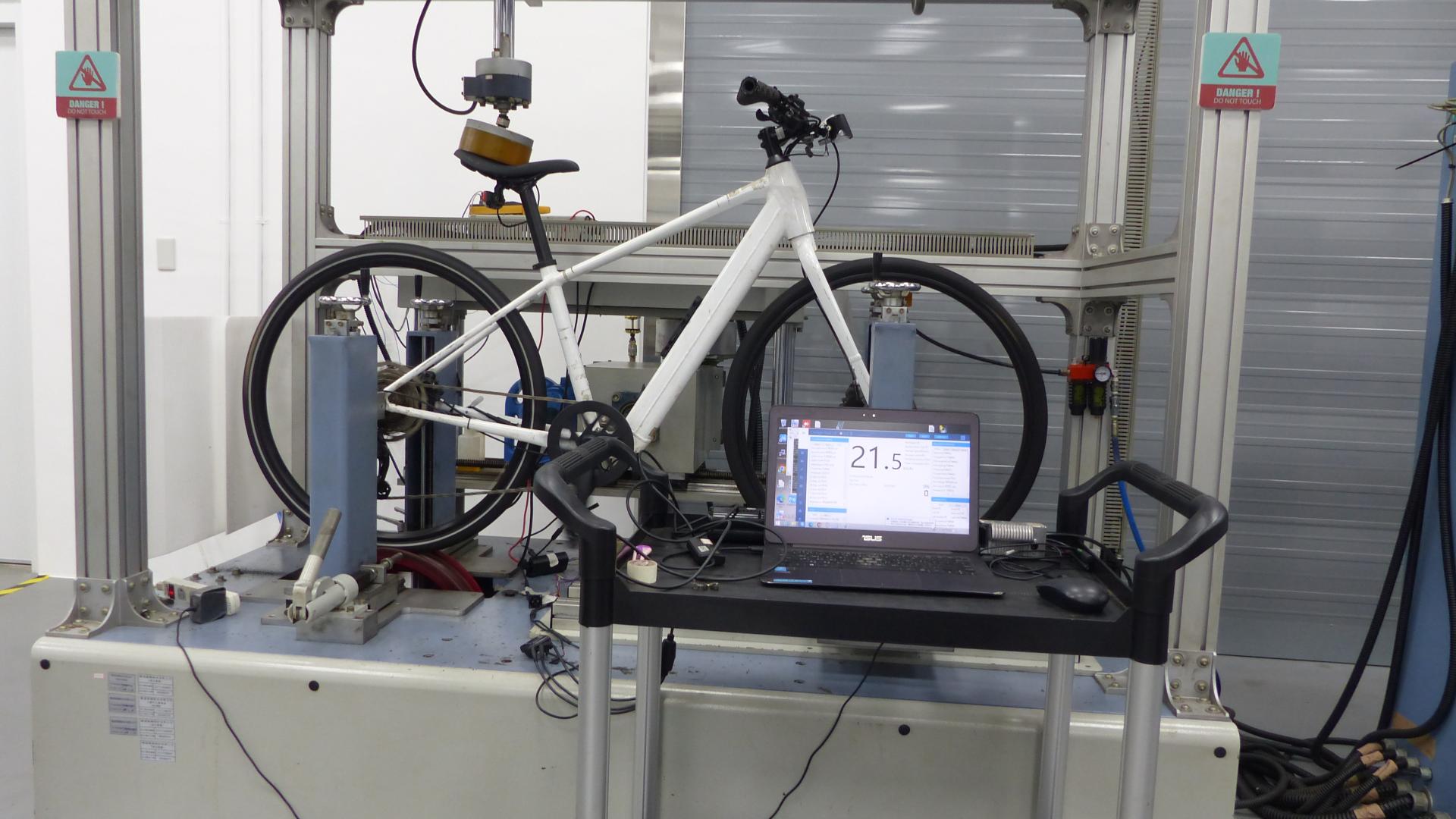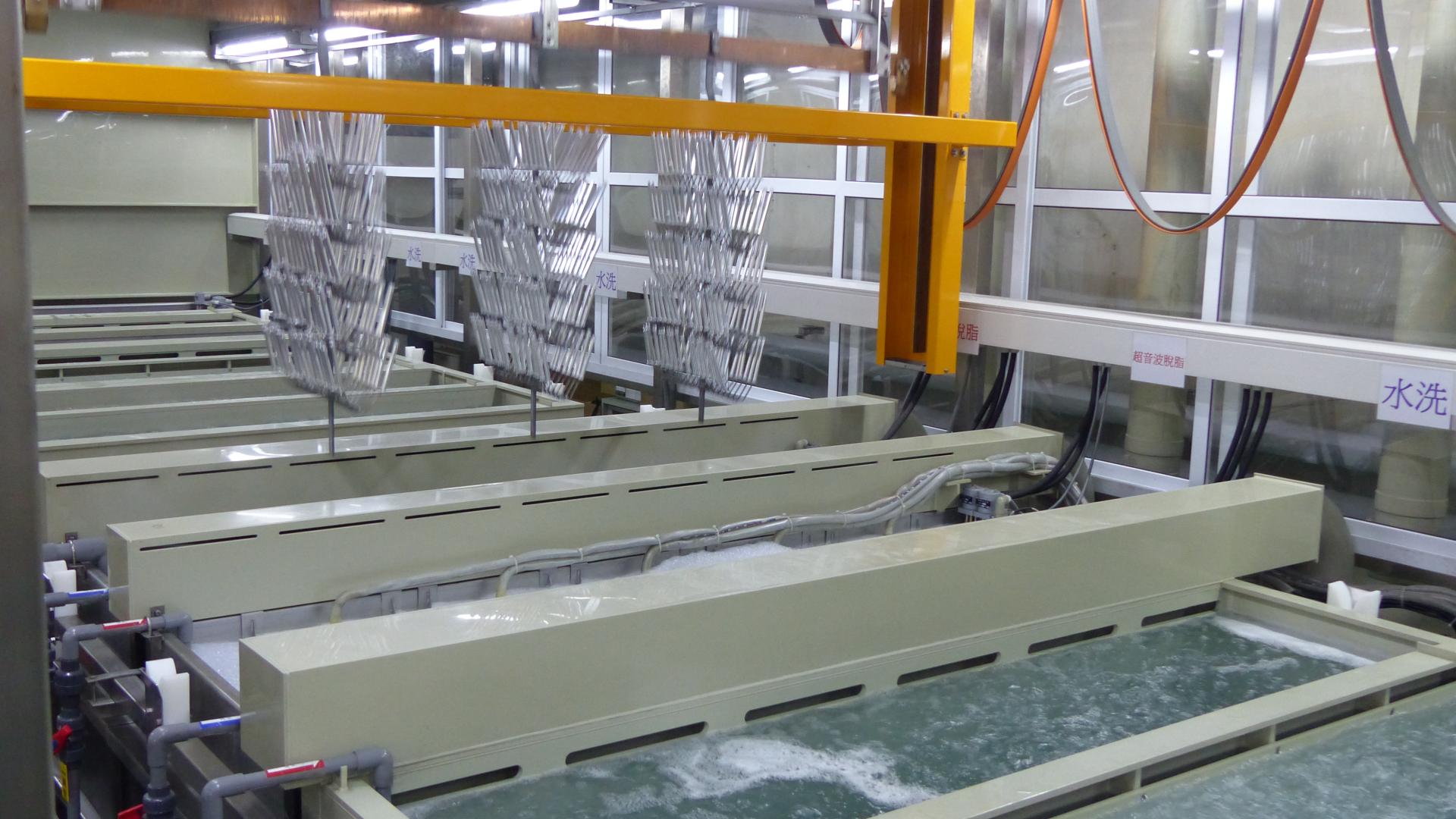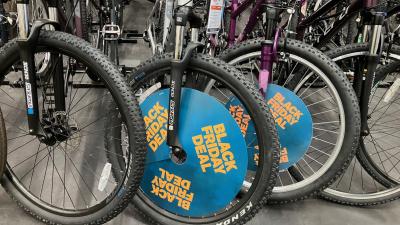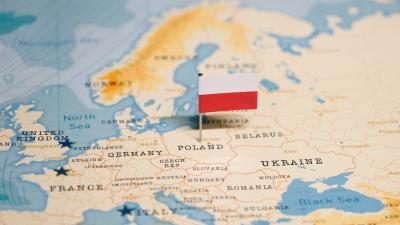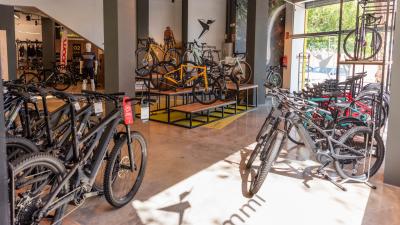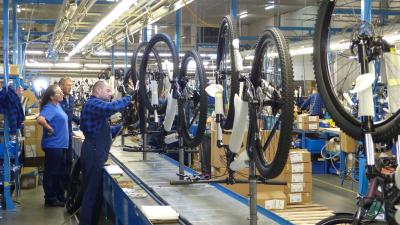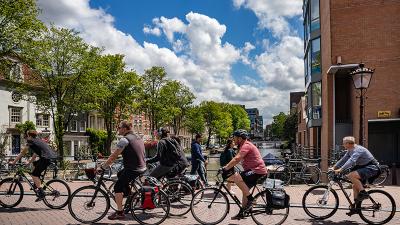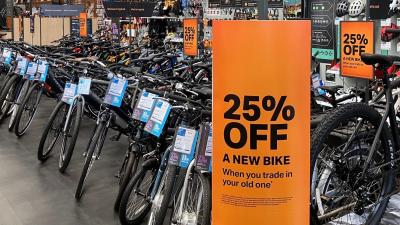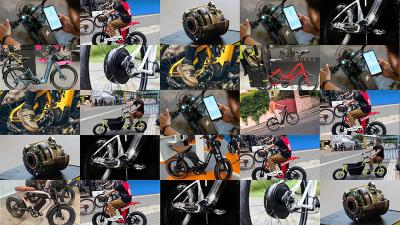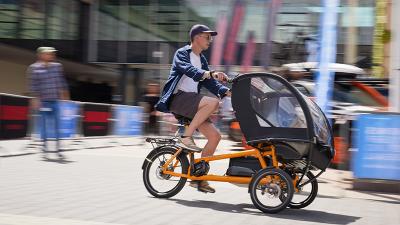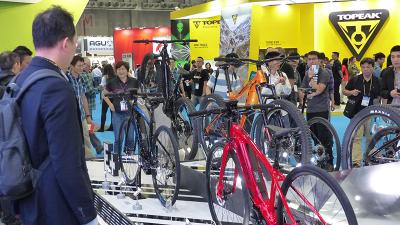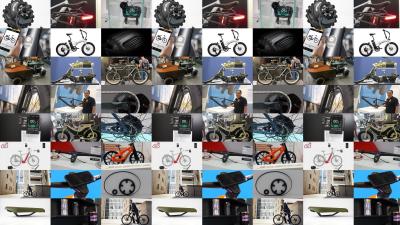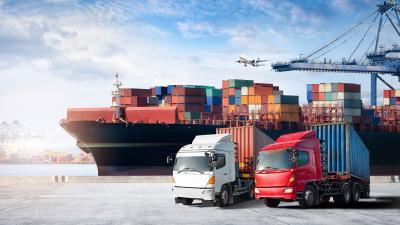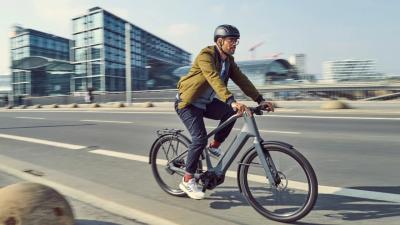New technology leading for Hyena e-bike systems
In 2013 Hyena Inc. started e bike system development from the core motor controlling and driving technology. “Subsequently we extended our expertise to the whole system and software design,” explains Hyena founder and CEO Charlie Chuang. Since the start of the company, Hyena has built and distributed 400,000 e-bike drive systems. Today the Hyena systems can be found on e-bikes in more than 20 countries. “A key factor in our success is our senior management team of experts in the design, development, manufacturing and service of the cycling and electronic industry.”
Software as a Service
A good example of this strategy is the implementation of the concept of Software as a Service. In a cloud-based application all elements of each e-bike system are connected. We have closed the data and information circle from the component production to the e-bike manufacturer and the developer tool for tuning the system, to the bicycle dealer, and the consumer. Finally, all data comes together in a business intelligence tool in the e-bike brand service center. “We want to optimize the performance for all stakeholders in the e-bike,” explains Charlie Chuang. “Combining all data in one cloud-based systems, is the best option for that.”
Combine technology and eco solutions
“Our aim is to combine technology and eco solutions to contribute to the environment,” says Charlie Chuang. “The e-bike fits very good in that strategy.” In the past few years, Hyena has invested in improving and expanding its production capacity. This includes extending their supply chain, investing in facility equipment, optimizing equipment usage, and increasing storage space. To guarantee a consistent and smooth product delivery, they also reinforced personnel training, incorporated advanced production technology, and enhanced the production process. All these measures have enabled them to meet the rising demand and provide better products and services for their customers.
Hyena will be exhibiting at Taipei Cycle Show, they can be found at booth number S0318, (TaiNEX 2).
